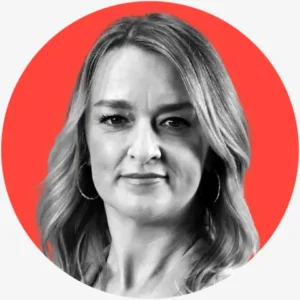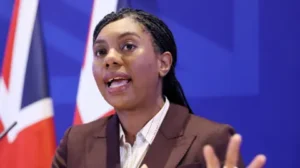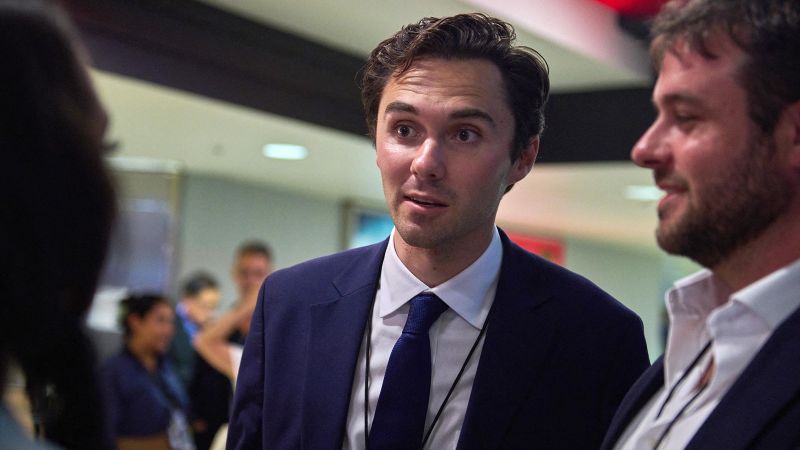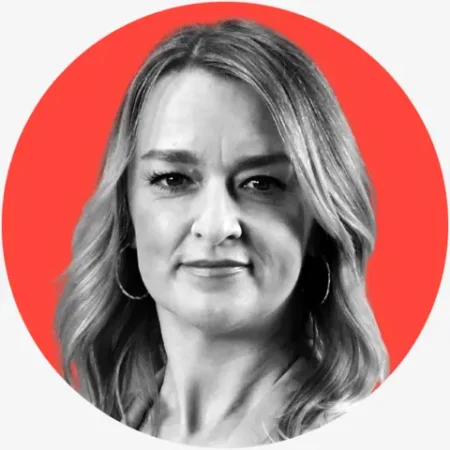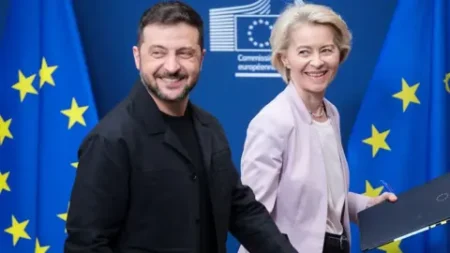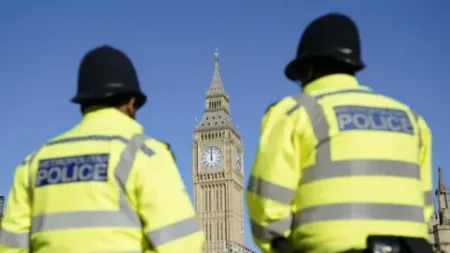The Democratic National Committee (DNC) is currently facing a significant internal challenge as it seeks to regulate the actions of its vice chair Daniel Hogg, who is a vocal advocate for gun control. Hogg’s emergence in the political space has stirred controversy particularly due to his intentions to spend millions of dollars to challenge incumbent Democrats in safe districts. His aim is to rid the party of what he deems ineffective leadership, and this has raised the stakes in the ongoing dialogue surrounding the Democratic Party’s future direction.
In a recent proposal, national Democratic officials are now being urged to maintain neutrality in primary elections. This proposal was presented during a conference call led by DNC Chairman Ken Martin, who called for this neutrality to be enshrined in the party’s official rules and bylaws. He asserted emphatically that no DNC official should interfere with the outcomes of primary elections, emphasizing that it is the voters who should decide party nominees, not the leadership of the DNC.
The matter was reported by NOTUS, shedding light on the evolving dynamics within the DNC, especially regarding the push for this proposal. The DNC’s Rules & Bylaws committee is slated to deliberate on Martin’s proposal in a virtual meeting scheduled for next month. If approved, this proposal will advance to a full vote by the DNC membership in August. The implications of this decision are profound, as it could redefine the DNC’s approach to primaries for years to come.
In response to the ongoing situation, David Hogg has defended his initiative, arguing that in order for the Democratic Party to be a formidable opposition force, it needs to disrupt the existing status quo. Hogg stated that the DNC is attempting to revise the rules not because he is violating them, but rather as a reaction to his challenging stance. He articulated that the DNC’s primary functions include organizing the presidential primary calendar and strengthening state party operations, tasks which he insisted his activities do not conflict with.
In an interview with CNN, Hogg expressed concern that if Martin’s neutrality proposal is passed, it might lead to his removal from the DNC, a prospect that he views as detrimental to his mission. He articulated that the changes being proposed could effectively oust him from the organization, although he refrained from explicitly committing to the proposed neutrality pledge.
Hogg’s plan comes closely on the heels of his victory amidst a crowded field to become one of three DNC at-large vice chairs earlier this February. He has mobilized efforts through an organization called Leaders We Deserve, which has pledged a significant investment of $20 million into the upcoming midterm elections aimed primarily at young candidates seeking office. Importantly, Hogg has assured that his campaign efforts will not target Democrats in competitive districts and will not leverage any DNC resources like donor lists or voter data.
The backlash from DNC leadership to Hogg’s directives reinforces a sense of strategic division within the party, as numerous younger candidates are initiating primary challenges against incumbents who they believe are inadequate in countering the political agenda of figures like former President Donald Trump. With Hogg’s initiatives challenging established incumbents, DNC leaders such as Chairman Ken Martin and Nebraska Democratic Party chair Jane Kleeb have framed the push to establish neutrality as a necessary step to restoring trust in the party after significant discord has plagued it, particularly post-2016 election.
Martin has reiterated that the neutrality proposal is not designed to shield incumbents or favor challengers but is rather intended to uphold voters’ trust by maintaining impartiality in the electoral process. Notably, Martin referenced the turmoil from the past election cycle when many party members felt the DNC had shown bias—specifically concerning the former Secretary of State Hillary Clinton’s candidacy. The call for a change in policy reflects a larger necessity to uphold the integrity of the Democratic Party.
In conclusion, this emerging conflict within the DNC underscores the ongoing struggle between established party leadership and a newer generation of activists like David Hogg. As the DNC moves forward with evaluating its internal rules and bylaws, it faces the challenge of uniting diverse opinions while maintaining a viable and united front ahead of future elections.


